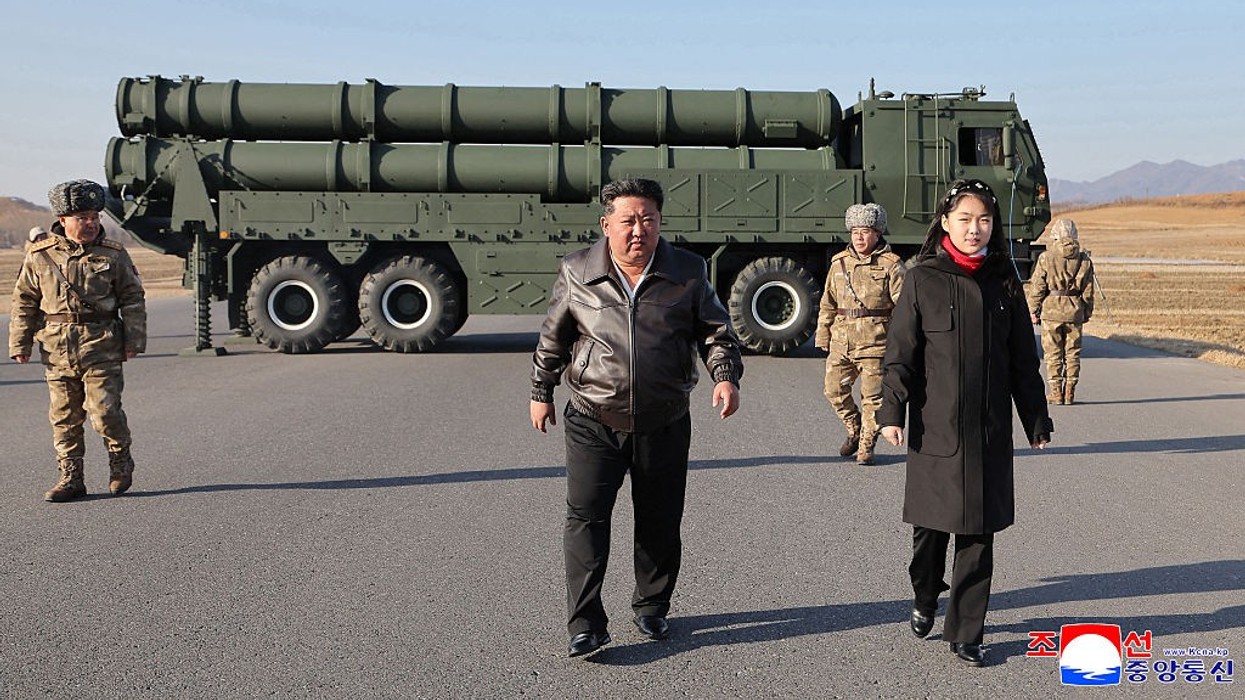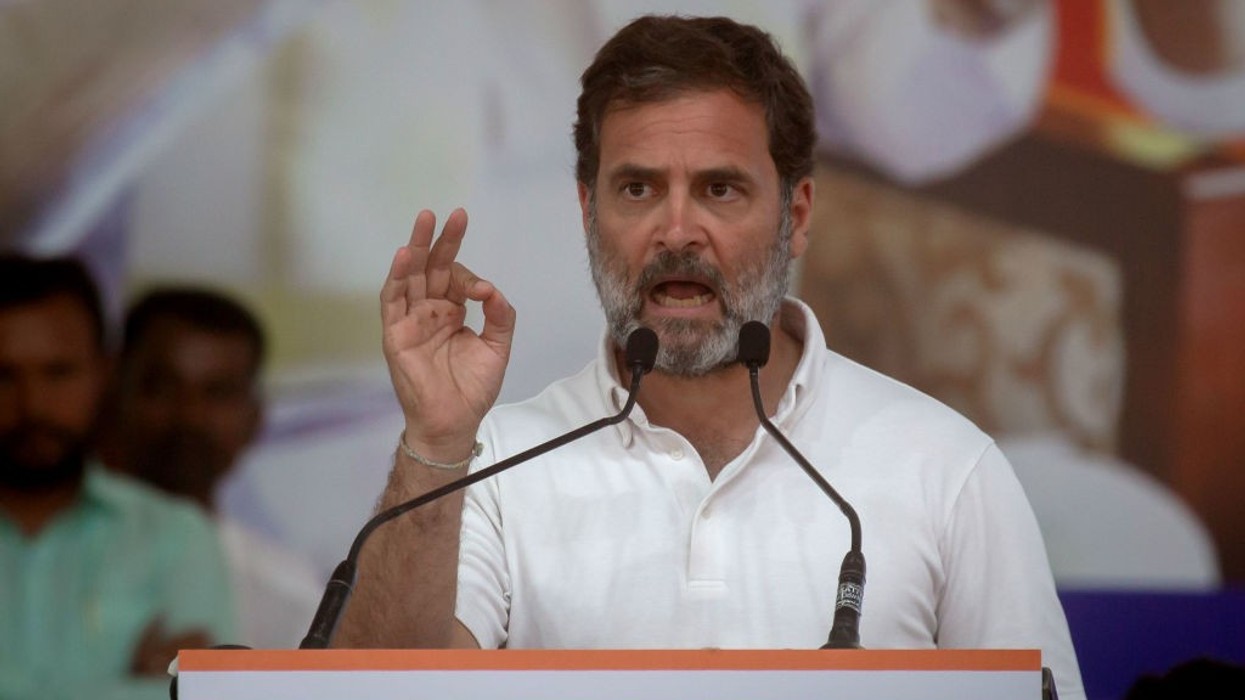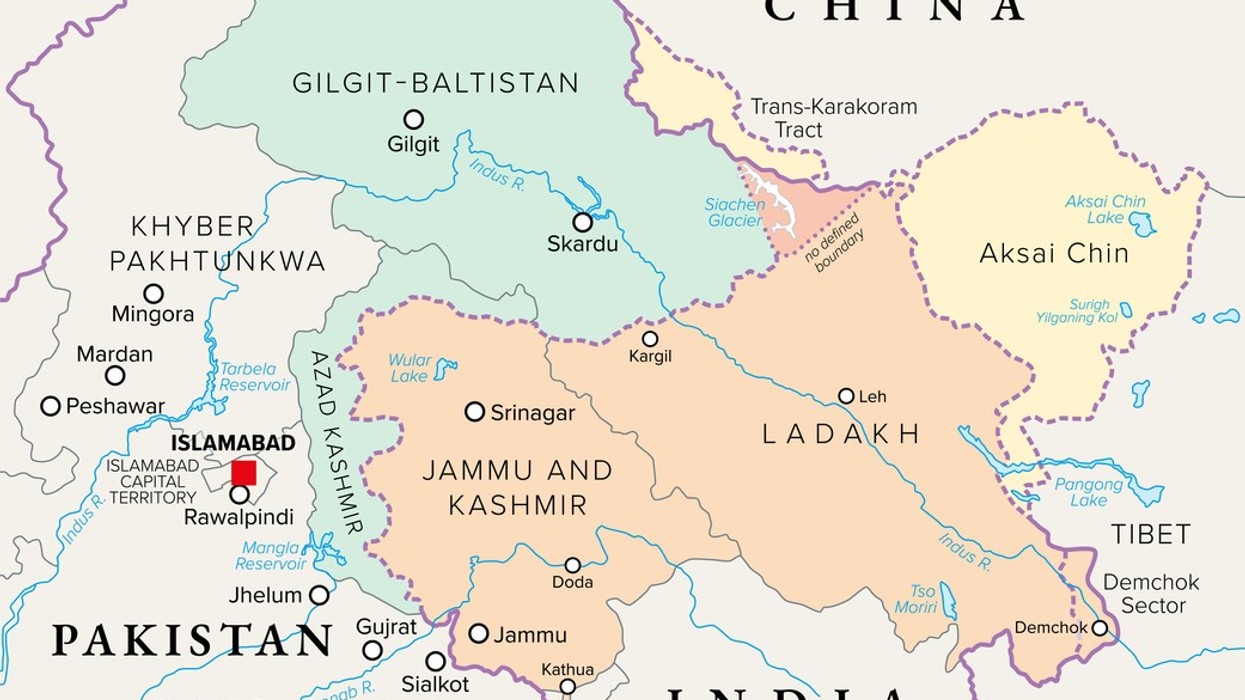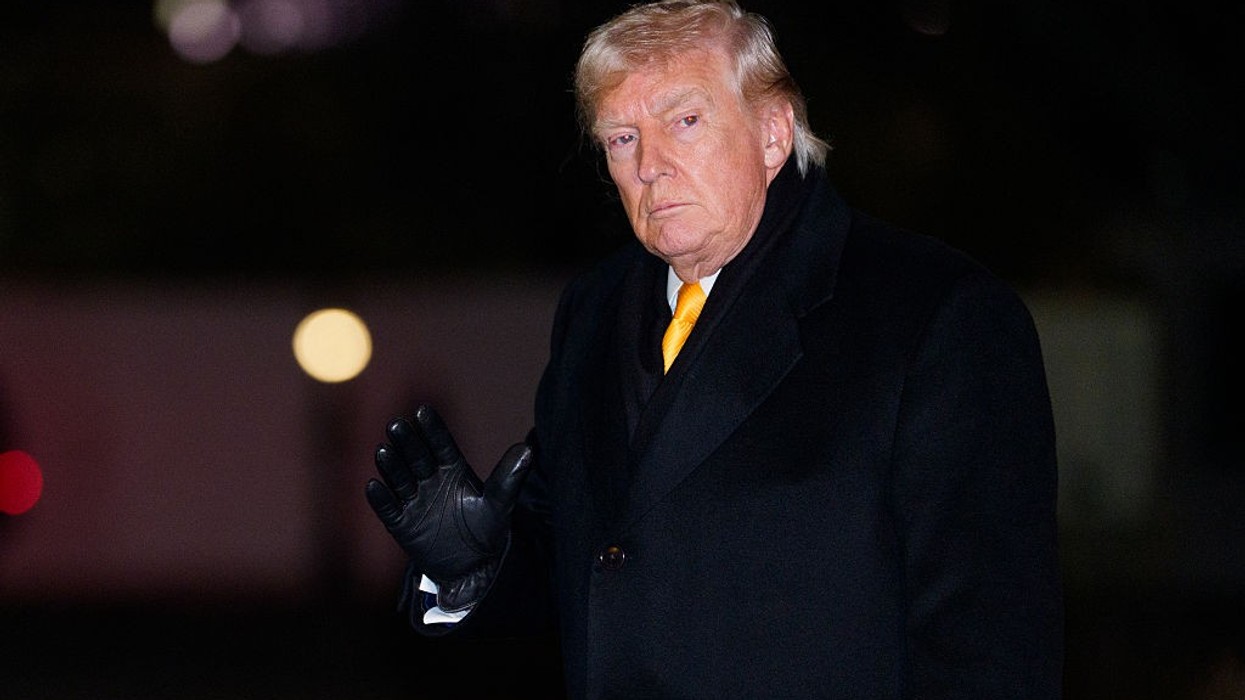A US trade court on Wednesday (28) blocked most of president Donald Trump's tariffs on imports from the 57 countries and observed that the president had overstepped his authority.
The Court of International Trade said the US Constitution gives Congress exclusive authority to regulate commerce with other countries that is not overridden by the president's emergency powers to safeguard the US economy.
The White House slammed the ruling, arguing that "unelected judges" have no right to weigh in on Trump's handling of the issue.
"President Trump pledged to put America first, and the administration is committed to using every lever of executive power to address this crisis and restore American greatness," Trump's spokesman Kush Desai said.
The three-judge panel issued a permanent injunction on the blanket tariff orders issued by Trump since January.
"That use is impermissible not because it is unwise or ineffective, but because [federal law] does not allow it."
The bench ruled that it "does not pass upon the wisdom or likely effectiveness of the President's use of tariffs as leverage."
Financial markets cheered the ruling, the US dollar surged against other currencies, Wall Street futures rose, and equities across Asia also jumped.
The judges also ordered the Trump administration to issue new orders reflecting the permanent injunction within 10 days.
The Trump administration minutes later filed a notice of appeal and questioned the authority of the court.
A White House spokesperson on Wednesday (28) said US trade deficits with other countries constituted "a national emergency that has decimated American communities, left our workers behind, and weakened our defense industrial base – facts that the court did not dispute."
Trump administration had rolled out import levies aimed at punishing economies that sell more to the United States than they buy.
Trump argued that the resulting trade deficits and the threat posed by the influx of drugs constituted a "national emergency" that justified widespread tariffs.
But the trade court ruled that Trump had overstepped his authority.
The court invalidated with immediate effect all of Trump's orders on tariffs since January that were rooted in the International Emergency Economic Powers Act (IEEPA), a law meant to address "unusual and extraordinary" threats during a national emergency.
Industry-specific tariffs
The court was not asked to address some industry-specific tariffs Trump has issued on automobiles, steel and aluminum, using a different statute.
Analysts at Goldman Sachs noted the order does not block sector-specific levies, and there were other legal avenues for Trump to impose across-the-board and country-specific tariffs.
"This ruling represents a setback for the administration's tariff plans and increases uncertainty but might not change the final outcome for most major U.S. trading partners," analyst Alec Phillips wrote in a note.
The decisions of the Manhattan-based Court of International Trade, which hears disputes involving international trade and customs laws, can be appealed to the US Court of Appeals for the Federal Circuit in Washington, D.C., and ultimately the U.S. Supreme Court.
Trade turmoil
Trump's tariff measures had severely disrupted global trade flows and roiled financial markets.
Companies of all sizes were hit by Trump's swift imposition of tariffs and sudden reversals as they seek to manage supply chains, production, staffing and prices.
Setback to Trump's policies
The ruling, if it stands, blows a giant hole through Trump's strategy to use steep tariffs to wring concessions from trading partners.
It creates deep uncertainty around multiple simultaneous negotiations with the European Union, China and many other countries.
Trump has promised Americans the tariffs would draw manufacturing jobs back to U.S. shores and shrink a $1.2 trillion US goods trade deficit, which were among his central campaign promises.
Without the instant leverage provided by tariffs, the Trump administration would have to find new forms of leverage or take a slower approach to negotiations with trading partners.
Initial reaction among Asian policymakers was muted, with Japan's economy minister saying he would examine the details of the ruling, while the Bank of Korea said it saw the effective tariff rate on South Korean exports under the ruling falling to 9.7 per cent from 13.3 per cent.
Hong Kong's financial secretary said the court decision would "at least bring president Trump to reason".
Trump has claimed that Americans will reap the benefits of his trade posture, pointing to early successes in deals struck with Britain and with China, the world's second-largest economy.
However, analysts warn that the cost of the tariffs will likely be passed on to US consumers, raising inflation and potentially leading the US central bank to hold interest rates higher for longer, further affecting financial markets.
Businesses hurting
The ruling came in a pair of lawsuits, one filed by the nonpartisan Liberty Justice Center on behalf of five small US businesses that import goods from countries targeted by the duties and the other by 12 US states.
The companies, which range from a New York wine and spirits importer to a Virginia-based maker of educational kits and musical instruments, have said the tariffs will hurt their ability to do business.
"There is no question here of narrowly tailored relief; if the challenged Tariff Orders are unlawful as to Plaintiffs they are unlawful as to all," the judges wrote in their decision.
At least five other legal challenges to the tariffs are pending.
Oregon Attorney General Dan Rayfield, a Democrat whose office is leading the states' lawsuit, called Trump's tariffs unlawful, reckless and economically devastating.
"This ruling reaffirms that our laws matter, and that trade decisions can’t be made on the president’s whim," Rayfield said in a statement.
Trump has claimed broad authority to set tariffs under IEEPA. The law has historically been used to impose sanctions on enemies of the U.S. or freeze their assets.
Trump is the first U.S. president to use it to impose tariffs.
In imposing the tariffs in early April, Trump called the trade deficit a national emergency that justified his 10 per cent across-the-board tariff on all imports, with higher rates for countries with which the United States has the largest trade deficits, particularly China.
The country-specific tariff rates were paused for 90 days, a week later, though the baseline 10 per cent duty was put in place for most nations. (Agencies)














